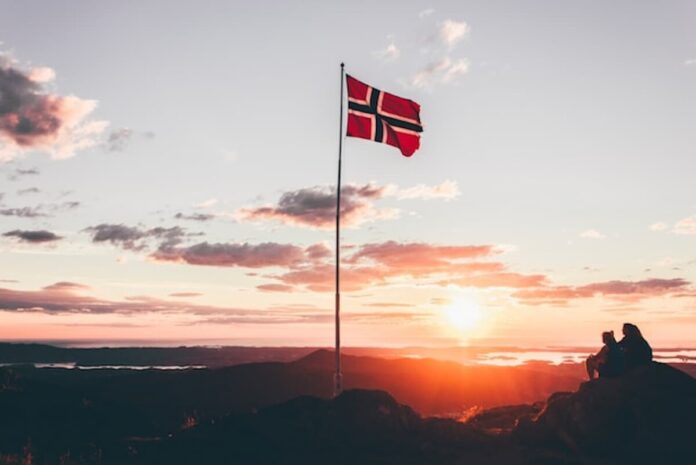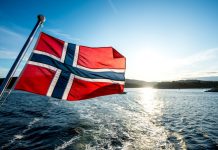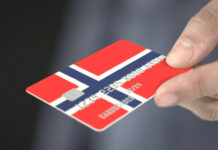
Last week, regulators in Norway announced the launch of a new DNS campaign, which immediately blocked 57 illegal sites in a bid to combat the rise of unlicensed gambling websites in the country.
The Norwegian Gambling Authority, Lotteritilsynet, made the move, marking the Scandinavian country’s first-ever use of DNS blocking to restrict online gambling activity.
Norwegian regulators have also stipulated that only two operators—Norsk Tipping and Norsk Rikstoto—are legally allowed to offer gambling services in the country. They state that they have targeted 57 sites operated by 23 firms without a license to serve Norwegian nationals.
“Blocking illegal websites will help fewer people develop gambling problems,” said Silje Sægrov Amble, a lawyer representing Lotteritilsynet. “These are the games that have the highest risk—they are designed to get you hooked, and you can lose a lot of money in a short time.”
As a result of the DNS block, Norwegians who attempt to enter unlicensed gambling websites will be redirected to a warning page hosted by their internet service provider. Meanwhile, other users may instead see messages stating that the site does not exist or that the internet connection is not private.
April’s widespread ban follows warnings by the regulator last autumn, which were issued to nearly 50 companies whose websites risked being blocked. Despite some firms initially refusing, almost 40 of the 100 targeted sites did withdraw from the Norwegian market or make the necessary changes to ensure they complied.
Mounting Pressure on Illegal Operators in Norway
Lotteritilsynet declared that its DNS rollout is part of a larger strategy that includes advertising bans and, in some cases, banking restrictions. Norwegian banks have been blocking gambling-related transactions with illegal providers since 2010, and more recently, the 2021 legislation banned TV advertising by foreign operators.
Stressing previous regulatory efforts to curb the trend, Amble stated, “It is becoming increasingly difficult to be an illegal gambling company in Norway,” insisting, “TV advertising is gone, and Norwegian banks are stopping bets and winnings to and from these companies.”
Despite Lotteritilsynet’s countermeasures, raising public awareness of the issue is still challenging, as illustrated by a recent Sentio survey, which found that 5 out of 10 Norwegians do not know whether the sites they use are legally authorized.
“Players do not know about the risk,” said Amble. “We believe most people want information that they are entering an illegal game—therefore, blocking is also an information measure.”
While Norway’s most recent campaign to tackle the ongoing issue is undoubtedly a step up from its earlier measures, Lotteritilsynet understands the DNS implementation won’t entirely solve the problem and continues to call for further enhanced monitoring and enforcement measures.










